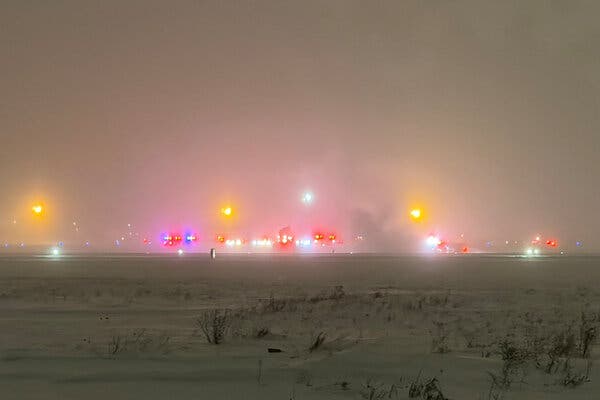The National Oil Spill Detection and Response Agency has partnered with F1 Consulting to improve oil spill response and train its personnel.
The agreement, signed in Abuja on Thursday, aims to curb oil spills in the Niger Delta and other oil-producing regions across Nigeria.
Speaking at the signing, NOSDRA’s Director-General, Mr. Chukwuemeka Woke, reaffirmed the agency’s commitment to its mandate.
He expressed confidence that the partnership would lead to meaningful progress in safeguarding communities impacted by oil spills.
“With the establishment and signing of this MoU, we believe this will go a long way in solving the problem of pollution and oil spillages in our various communities,” Woke said.
He urged oil companies and stakeholders to support NOSDRA’s efforts by promptly reporting spills rather than withholding critical information.
Also speaking, the Lead Consultant of F1 Consulting, Mr. Jude Ndubisi, noted that the partnership seeks to institutionalize Nigeria’s national oil spill contingency plan at the grassroots level, particularly within host communities.
“The national spill contingencies plan is the primary document that talks about spill response strategies as a country.
“This document for a very long time has not been institutionalised down to the host communities.
“So, we are trying to build a partnership and synergy with NOSDRA to bring the provisions of the national spill contingency plan down to the communities where the oil installations exist,” he said.
He emphasized the need for collaboration among oil license holders, government agencies, and local communities to strengthen environmental protection.
In her remarks, NOSDRA’s Director of Legal Services, Mrs. Katherine George described the MoU as aligned with the agency’s core mandate of enforcing zero tolerance for oil spills.
“We believe this MoU will accomplish NOSDRA’s goals and mission of achieving zero oil spillage in the country,” she said.
Oil spills are a major environmental challenge in Nigeria, especially in the Niger Delta, where frequent pipeline and installation leaks have caused severe pollution, harming local livelihoods and ecosystems.










